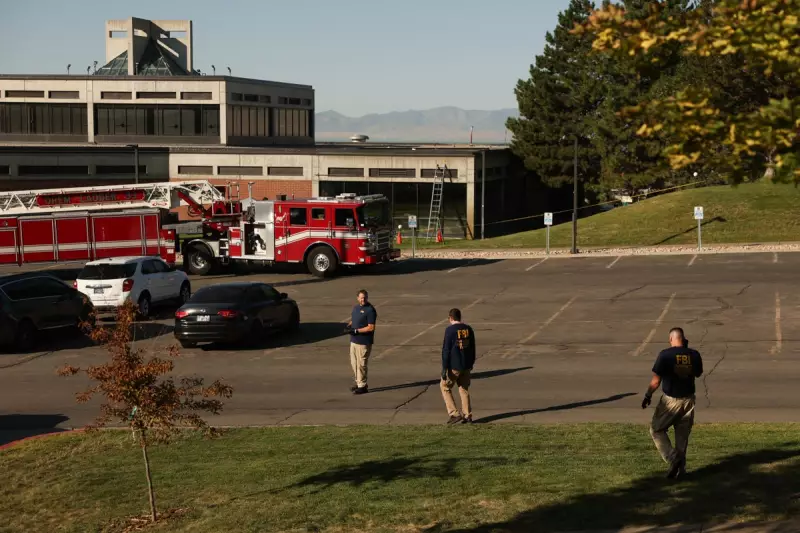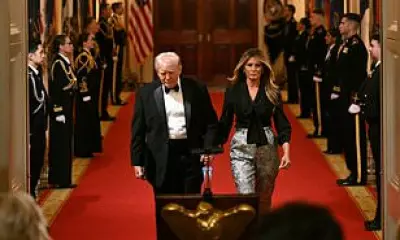
Explosive new court filings have laid bare a sinister plot to assassinate prominent American conservative commentator Charlie Kirk, revealing the chilling online threats made by the same man who later attempted to kill FBI agents.
The documents, obtained by The Independent, detail a series of violent and antisemitic messages posted by Nathan VanHuss prior to his 2022 attack on an FBI field office in Cincinnati. The threats directly named Mr. Kirk, the founder of Turning Point USA, marking him for murder.
A Trail of Online Hatred
According to the evidence, VanHuss used social media to spew vitriol, explicitly calling for the killing of Charlie Kirk. His digital footprint painted a picture of a deeply disturbed individual radicalised by extremist online rhetoric.
This discovery directly links two major incidents: the targeted threat against a high-profile political figure and the subsequent violent assault on federal law enforcement, exposing a dangerous pathway from online hate to real-world violence.
The FBI Field Office Attack
The plot thickened in August 2022 when Nathan VanHuss attempted to storm an FBI building in Cincinnati armed with an AR-15-style rifle and a nail gun. The ensuing standoff and shootout with agents ended with VanHuss being fatally shot.
At the time, the motive was unclear. These newly revealed documents, however, confirm that his attack on the institution was the culmination of a escalating series of threats aimed at specific individuals he vilified online.
Political Figures React
The revelations have sent shockwaves through political circles. Former Trump administration official Kash Patel, who first brought the documents to light, stated they prove VanHuss was "prepared to kill Charlie Kirk because of his political activism."
Mr Kirk himself responded to the news, stating the findings were "chilling" but affirmed his commitment to continue his work. The case raises urgent questions about the security of public figures and the role of social media in fuelling extremist violence.






